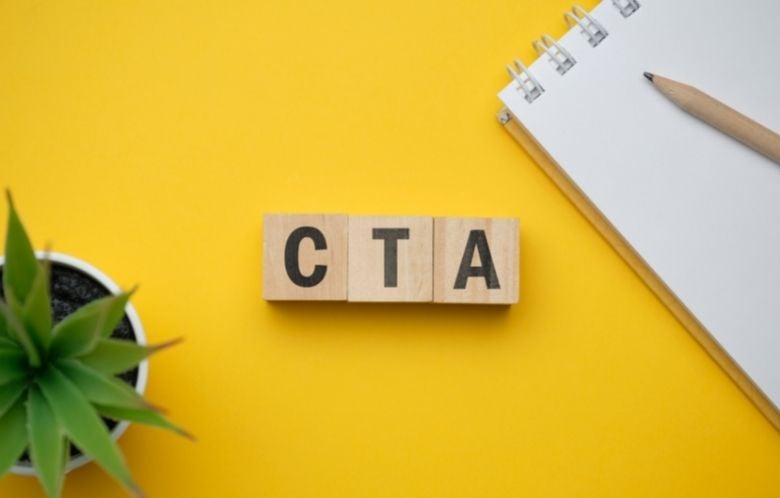If you send emails for your library, you likely heard about changes that Gmail and Yahoo are making to reduce email spam. Specifically, both major email platforms are changing the requirements they use to determine whether incoming emails make it into the regular inbox or go to the spam or promotions folder, and to allow readers to easily unsubscribe.
This announcement raised a lot of questions and concerns for libraries. No one wants their important library emails to end up in the spam box or go underdelivered. We don’t want to bury the good news so here it is.
If you send library emails using LibraryAware, you don’t have to worry or do anything. (Phew!)
The new rules by Gmail and Yahoo are meant to make inboxes safe and spam-free. Consequently, our compliance will improve your library's email sender reputation. That’s something our NoveList team wants, too!
Email sender reputation is a score that an Internet Service Provider (ISP) — the company you pay to get access to the Internet — assigns to any organization that sends an email. The higher the score, the more likely an ISP will deliver emails to the inboxes of recipients on their network.
Gmail and Yahoo say they will make three big changes to their requirements. We want to explain the changes and let you know how the product team at NoveList is ensuring emails sent from LibraryAware are delivered to your community members. Plus, we’ve included some tips that will improve your email deliverability, no matter what email software you use!
Change #1: One-click unsubscribe
Every email sent from LibraryAware will include an “Unsubscribe from this List” link at the bottom of the message. If a subscriber clicks on that link, they will instantly be unsubscribed from the specific interest group or newsletter list associated with the email they received. However, they will remain subscribed to other emails that they previously opted in to receive.
LibraryAware emails will continue to offer a second link to “Manage email preferences” that will take subscribers to your organization’s opt-in page where they can add or subtract email subscriptions.
Change #2: Sender authentication
Gmail and Yahoo are looking to verify the authenticity of your library’s sender’s domain. And they're checking past sending behavior coming from your Internet Protocol (IP) address.
Getting technical, there are three industry standards for email authentication – SPF, DKIM, and DMARC – that are stored in the code of an email to let receiving email service providers (such as Gmail) know that the messages are legitimate and not spam. LibraryAware has adopted all three of those standards. SPF, DKIM, and DMARC work together to make sure email service providers know that LibraryAware emails come from a legitimate source and are not spam.
Change #3: Spam complaints
Gmail and Yahoo want email senders like your library to keep your spam complaints below a 0.3 percent threshold.
To monitor LibraryAware’s spam complaint rate, we have created a Postmaster account to see what percentage of emails sent from LibraryAware were reported as spam. We have been monitoring the complaint rate over the past couple of months, and it has consistently been lower than 0.3 percent. In fact, it’s almost always 0.0 percent.
There are a few ways you can reduce spam complaints, too. First, make sure your emails are opt-in. That allows your community members the ability to choose to receive your library emails. You can create interest groups and an opt-in page like this one from Iredell County Public Library.
As you are building your library’s subscriber list, make sure you let people know how often you’ll be sending emails. If you ever need to change the frequency of your emails, let your subscribers know.
And don’t send so few emails (yes, you read that right!) that subscribers don’t remember signing up! A consistent cadence for your library emails will keep your recipients engaged and looking forward to the next email from your library.
So, rest easy knowing that the product team at NoveList is working to make sure your library’s promotions land in inboxes as they should. Doing that will improve your email sender reputation. Now, you can focus on making magnificent promotions while we take care of things on the back end.
Angela Hursh is Manager of Library Engagement, Marketing, and Professional Development. She is reading The Fox Wife by Yangsze Choo.
Jenny Schafer is Manager of Product Management. She is reading Dark Matter by Blake Crouch.



